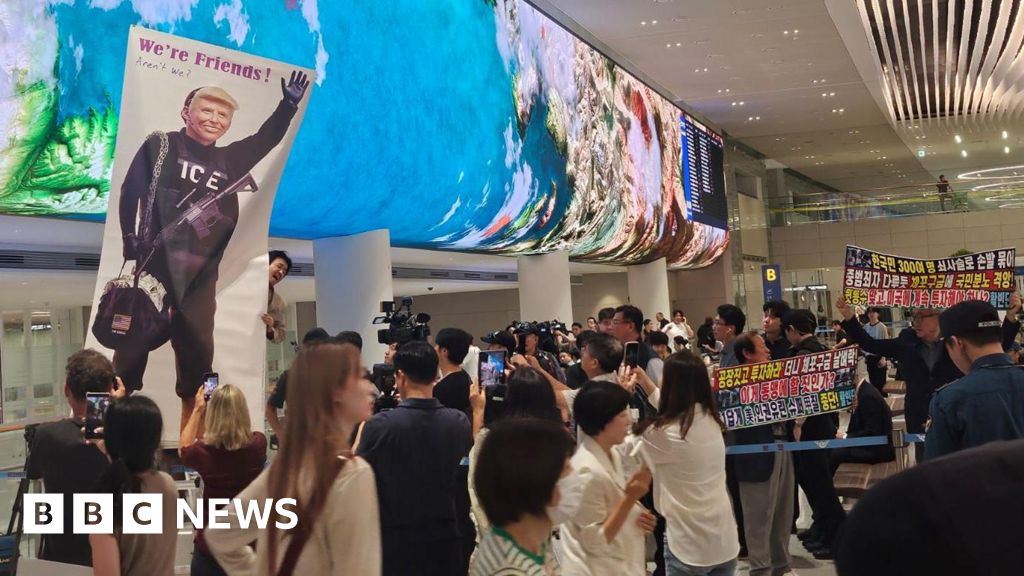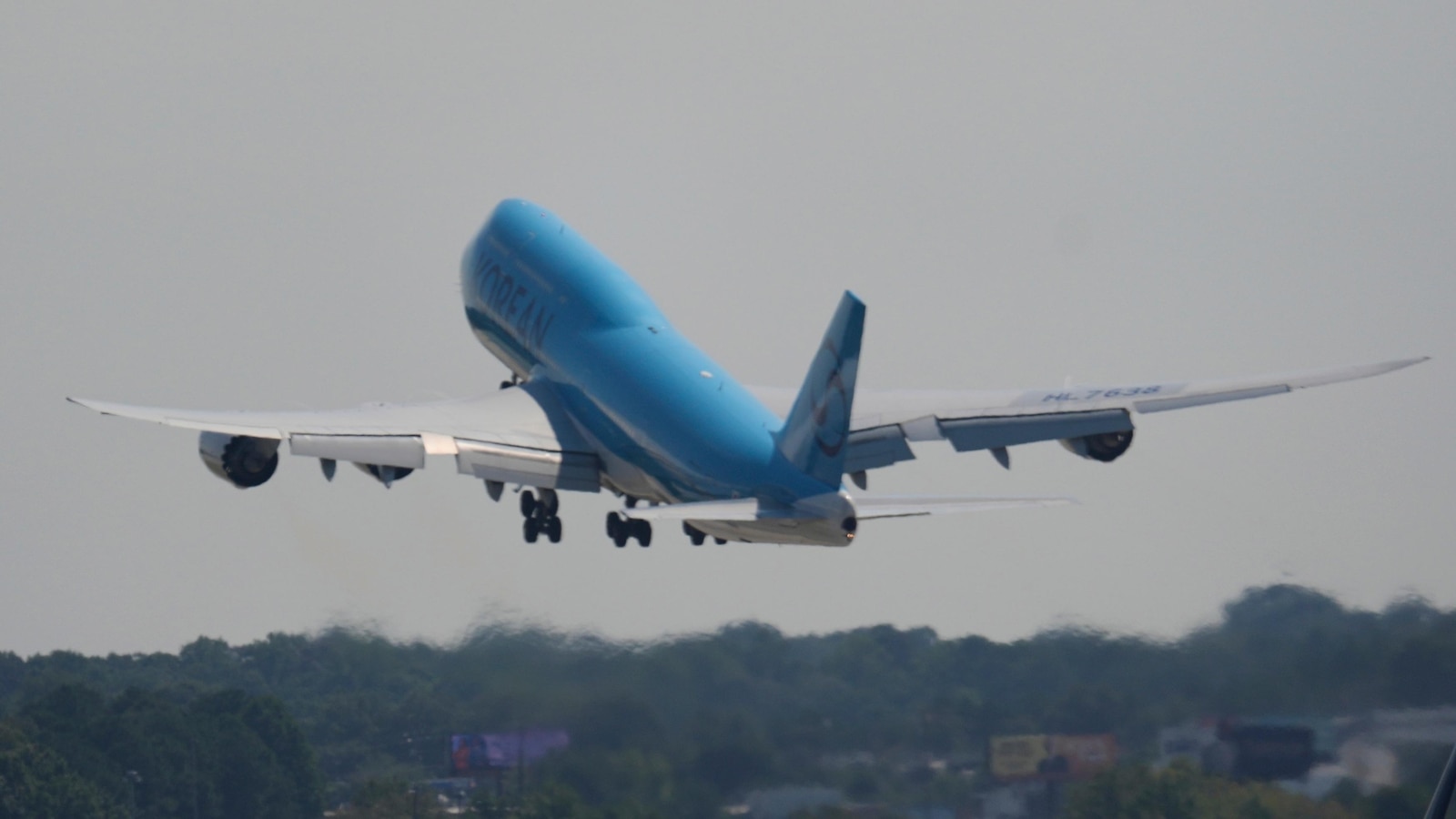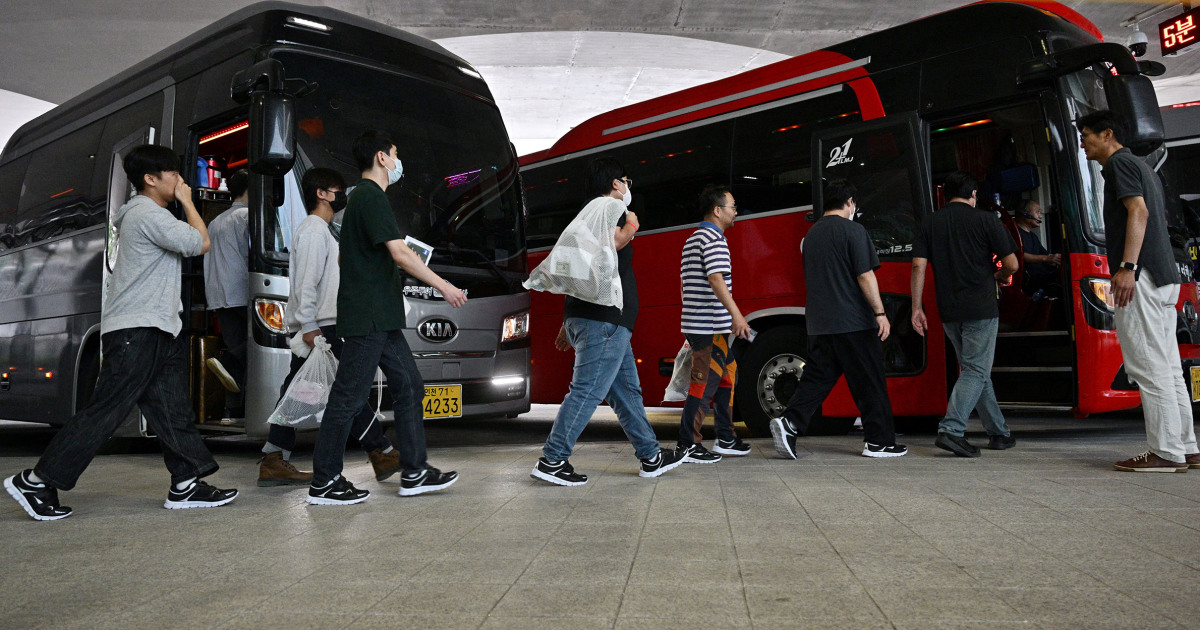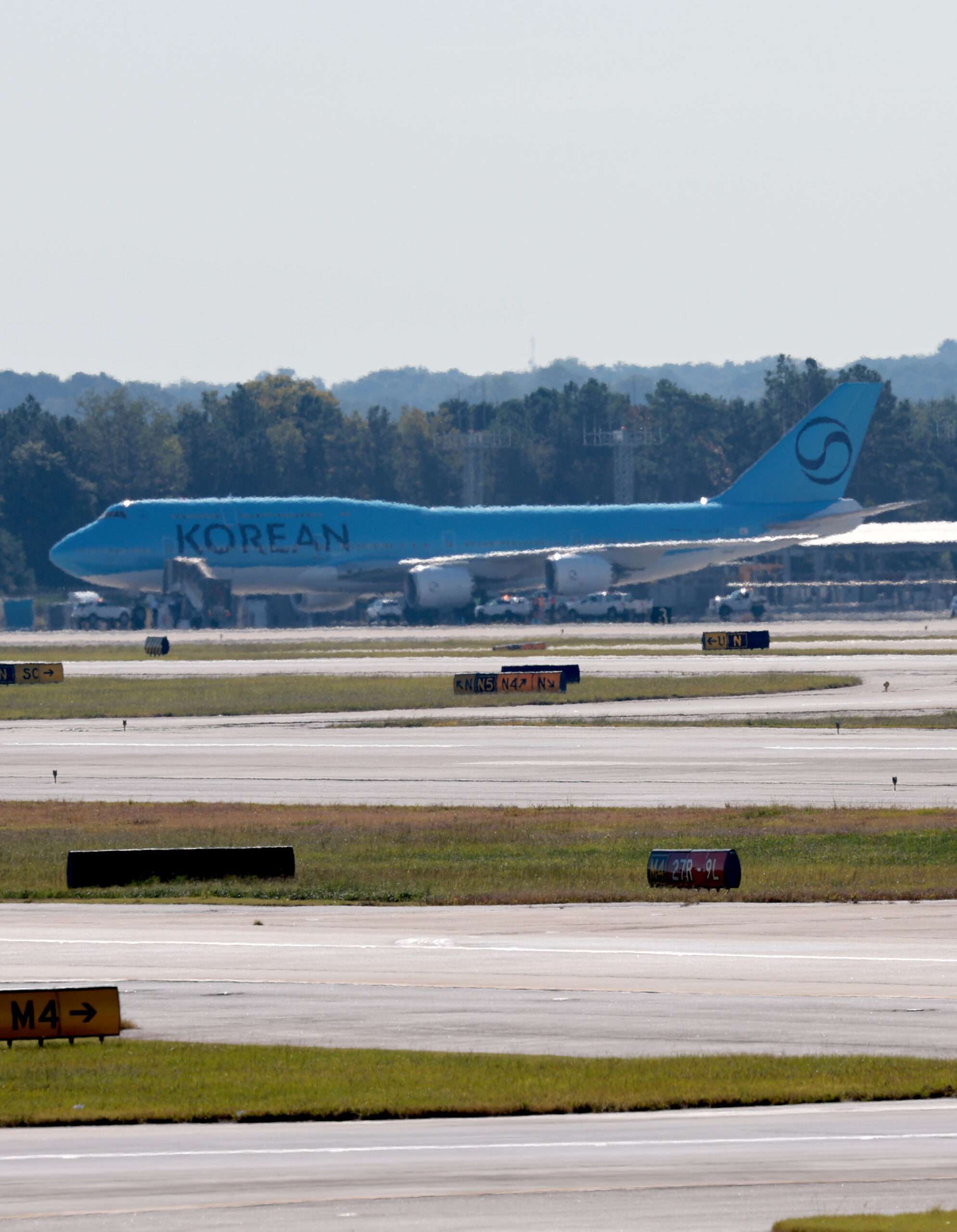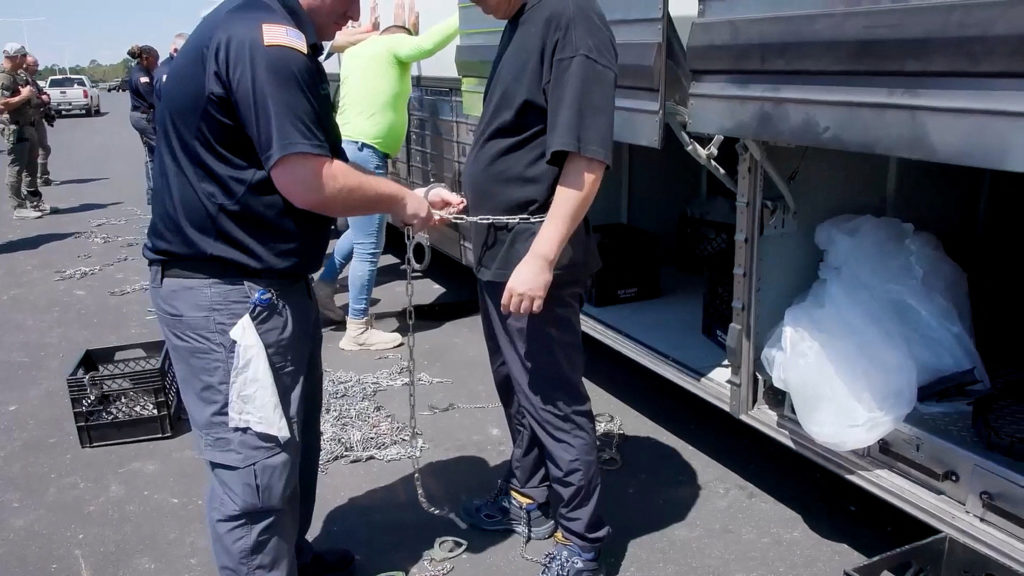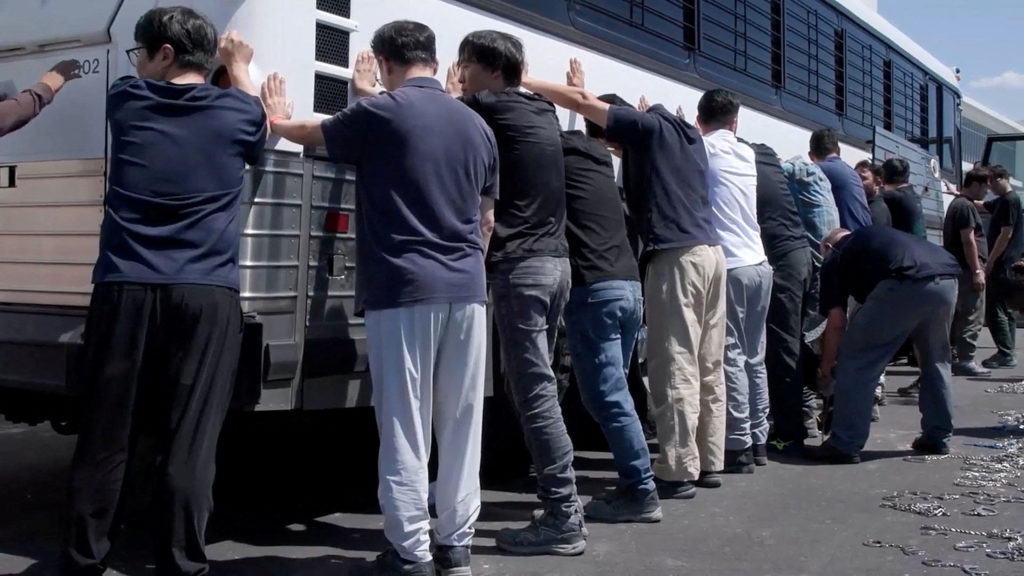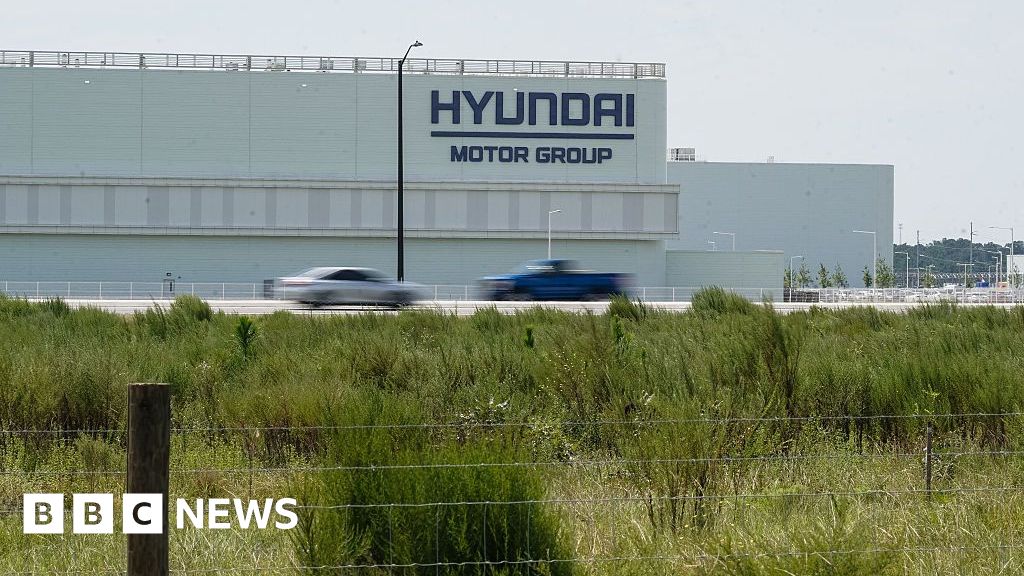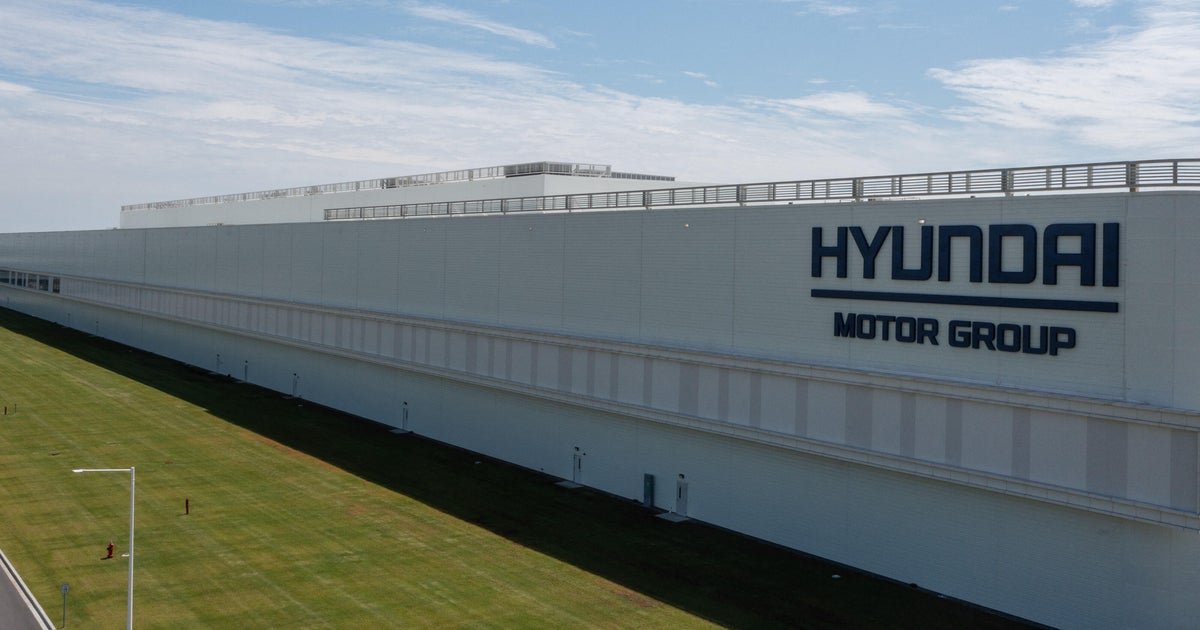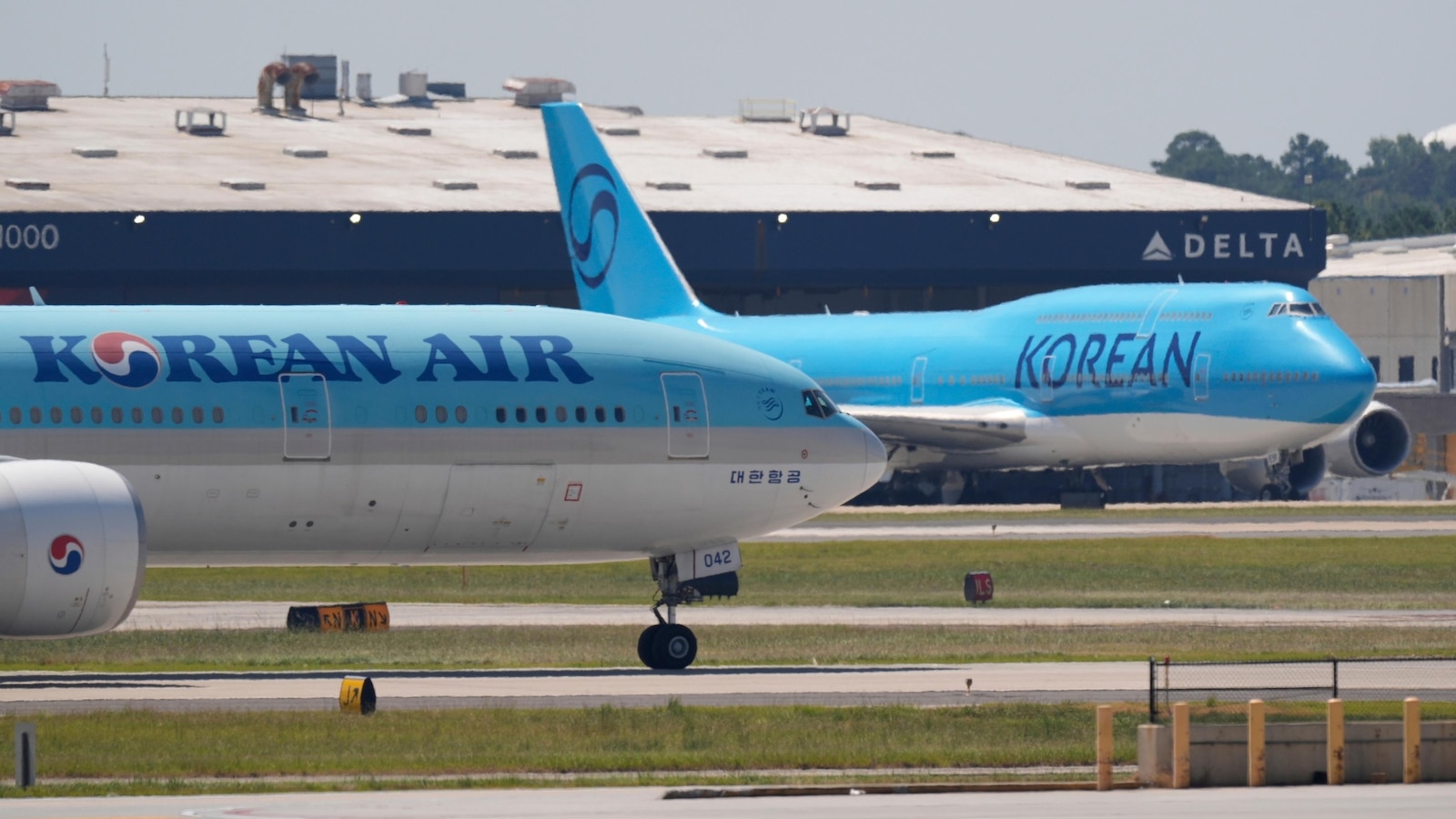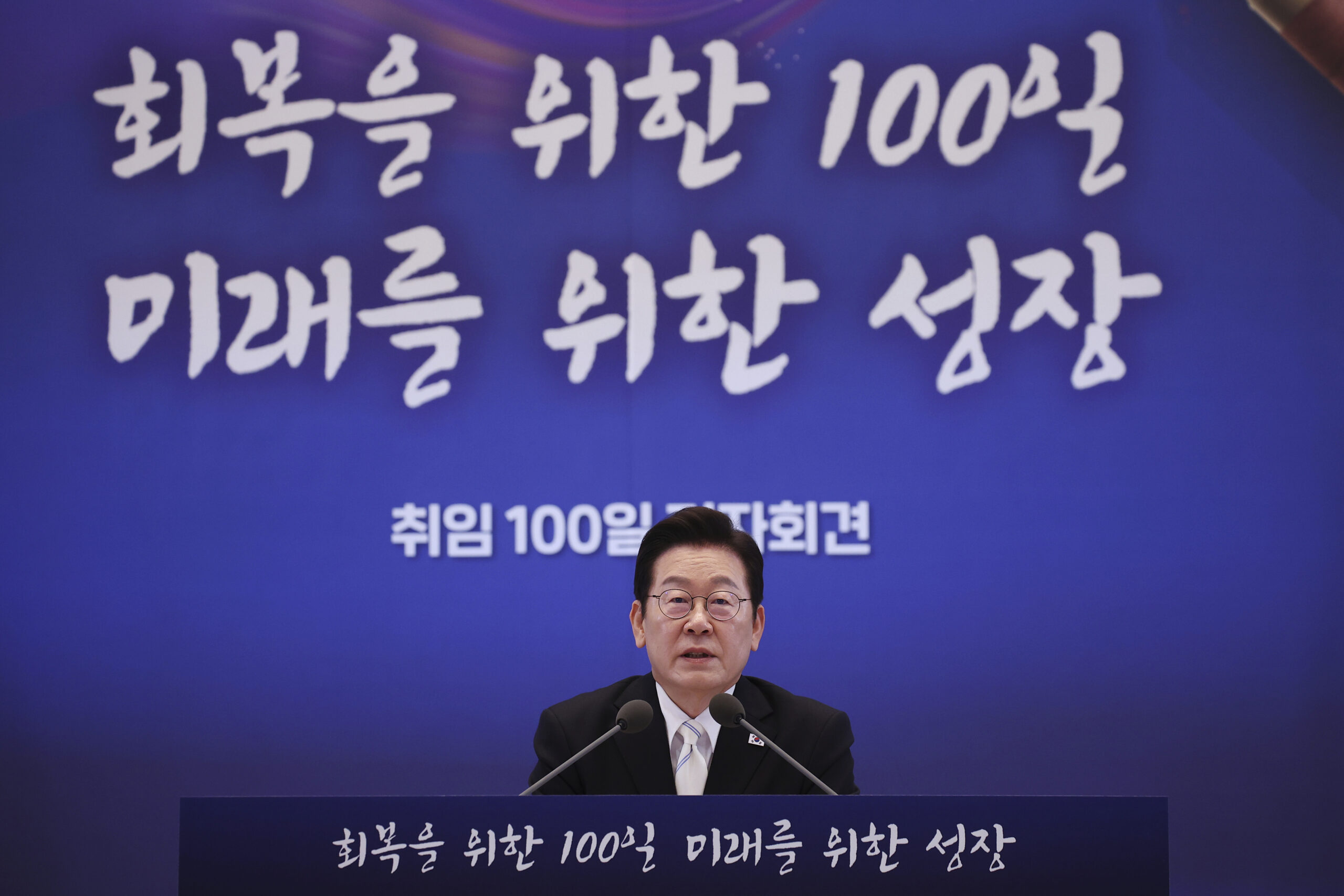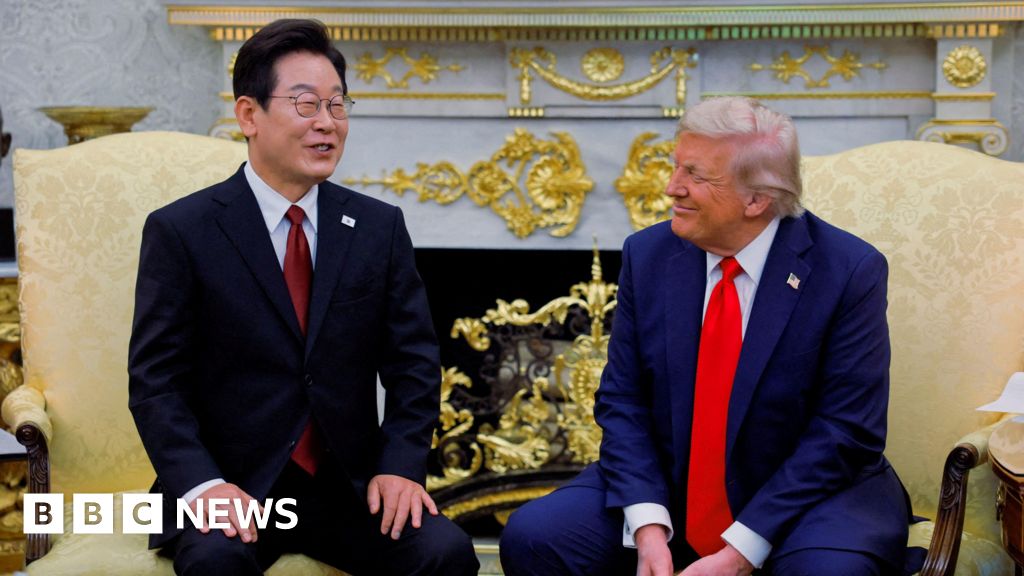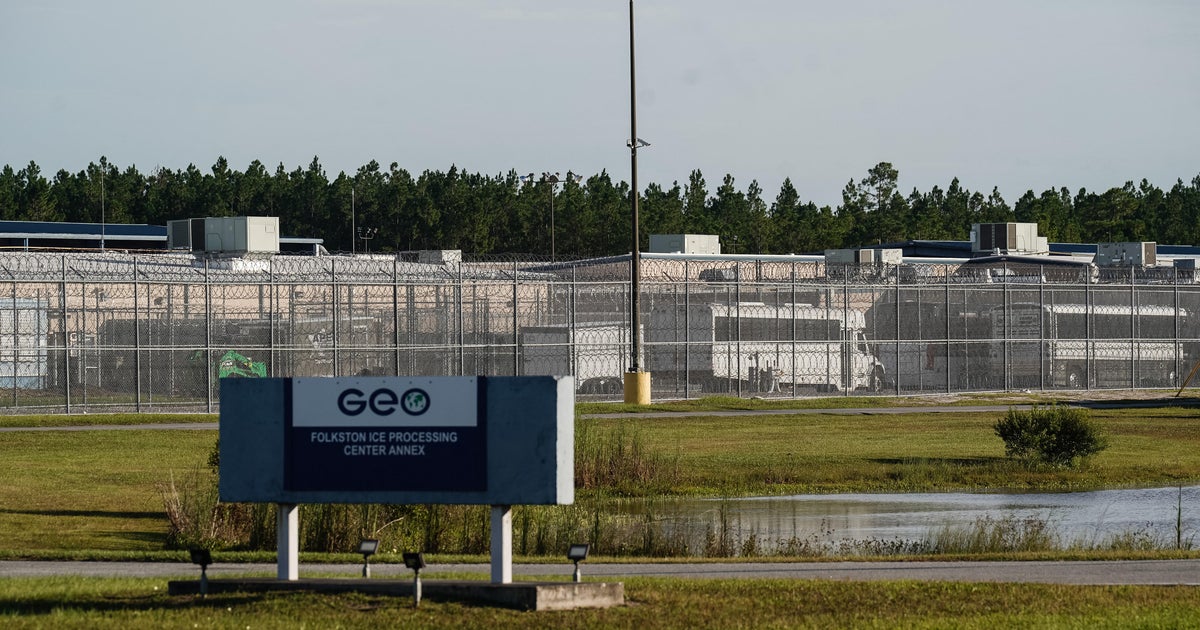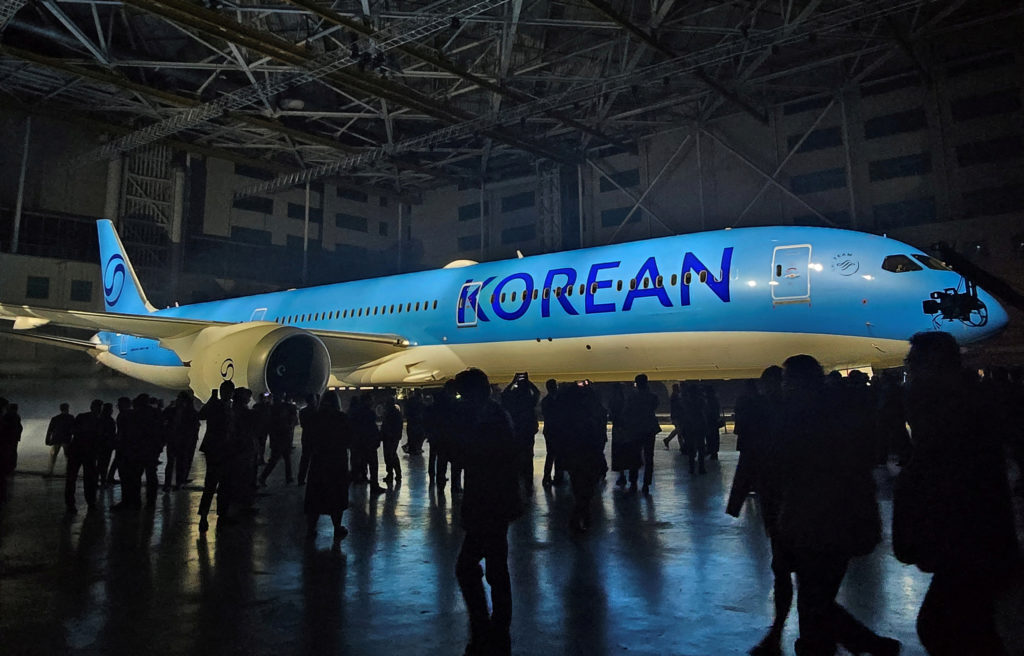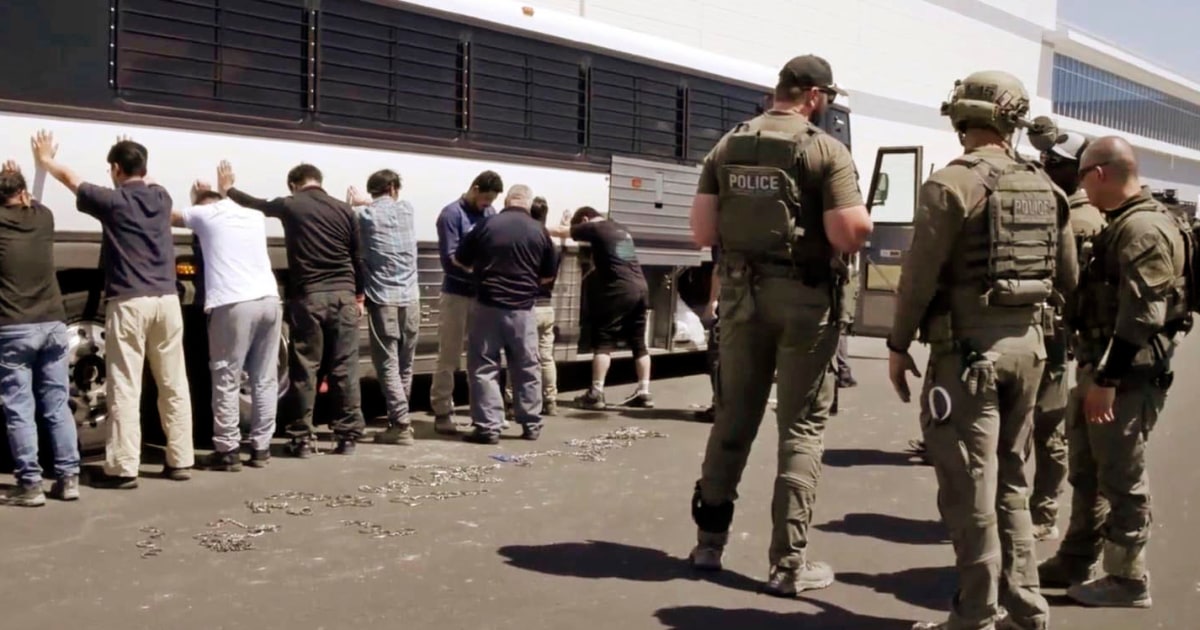South Korean Workers Return Home Amid Outrage Over US Immigration Raid and Diplomatic Resolution
Over 300 South Korean workers, detained in a Georgia immigration raid at a Hyundai-linked battery factory, have returned home following diplomatic negotiations and public outrage over their treatment, prompting discussions on future visa policies.
Subscribe to unlock this story
We really don't like cutting you off, but you've reached your monthly limit. At just $5/month, subscriptions are how we keep this project going. Start your free 7-day trial today!
Get StartedHave an account? Sign in
Overview
- Over 300 South Korean workers, along with 14 non-Koreans, were detained for days in a U.S. immigration raid at a Georgia battery factory linked to Hyundai's EV manufacturing.
- Images and video showing the detained workers being frisked, shackled, handcuffed, and chained by ICE agents caused widespread public outrage and a sense of betrayal in South Korea.
- South Korean Foreign Minister Cho Hyun and U.S. Secretary of State Marco Rubio, alongside President Lee Jae Myung, engaged in diplomatic efforts to secure the workers' release and safe return.
- President Trump intervened, ordering a pause to assess if workers wished to stay for training, and later offering them the option to remain in the U.S. or return home freely.
- The workers returned home on a South Korean government-chartered jet to a warm welcome, while negotiations continue for new U.S. visa categories or increased quotas for South Korean workers.
Report issue

Read both sides in 5 minutes each day
Analysis
Center-leaning sources frame this story by emphasizing the negative impact of the U.S. immigration raid on South Korean workers and bilateral relations. They highlight the workers' plight and South Korea's strong negative reactions, while largely omitting the U.S. rationale for the raid. This collective editorial choice cultivates a narrative of U.S. actions causing distress and diplomatic strain.
Articles (25)
Center (17)
FAQ
The South Korean workers were detained during a U.S. immigration raid at a battery factory in Georgia linked to Hyundai's electric vehicle manufacturing, where about 475 people were detained in total.
South Korean Foreign Minister Cho Hyun, U.S. Secretary of State Marco Rubio, and South Korean President Lee Jae Myung engaged in diplomatic efforts, and U.S. President Trump intervened to pause detentions and later allowed the workers the option to stay for training or return home.
The detained workers were shown being frisked, shackled, handcuffed, and chained by ICE agents, images and videos of which sparked widespread public outrage and feelings of betrayal in South Korea.
Over 300 South Korean workers have returned home on a government-chartered flight, receiving a warm welcome, while negotiations continue for new U.S. visa categories or increased quotas for South Korean workers.
The incident has prompted discussions on creating new visa categories or increasing visa quotas for South Korean workers to better manage labor mobility and prevent similar issues.
History
- 2M

 3 articles
3 articles
- 2M

 4 articles
4 articles
- 2M

 4 articles
4 articles
- 2M

 4 articles
4 articles
- 2M

 3 articles
3 articles

